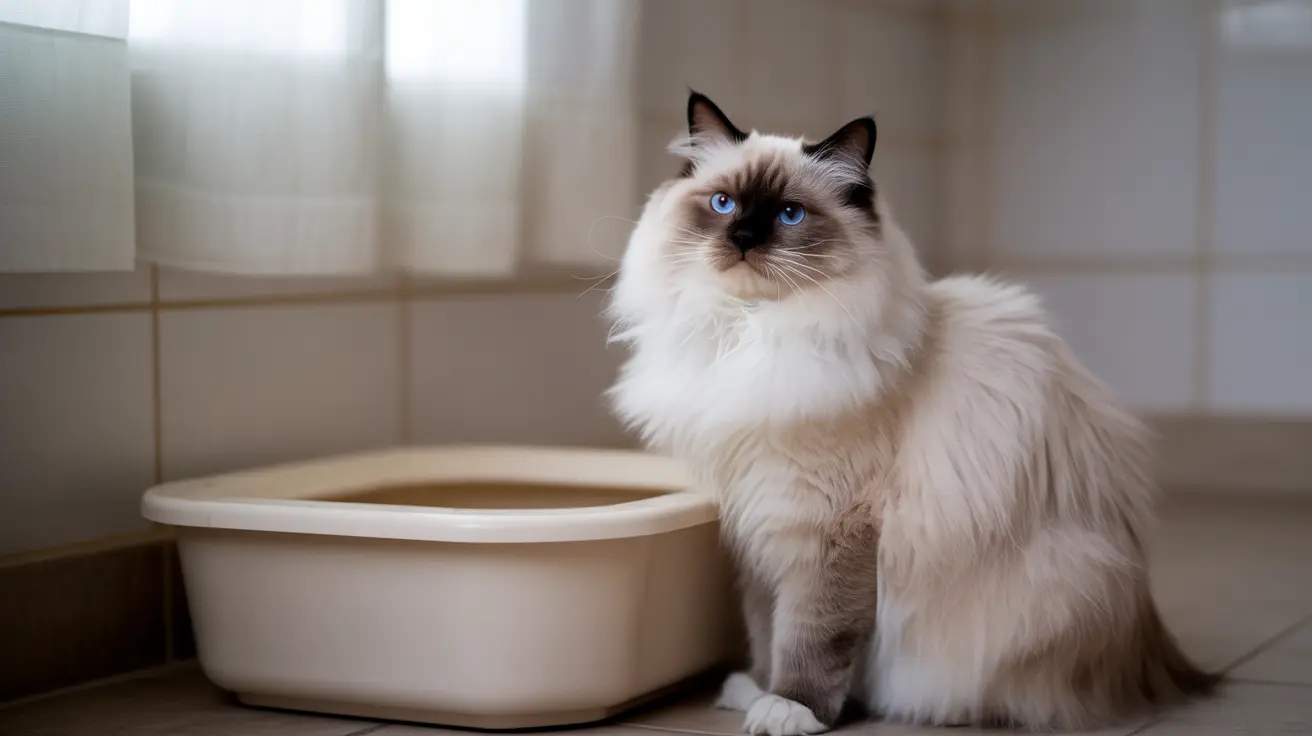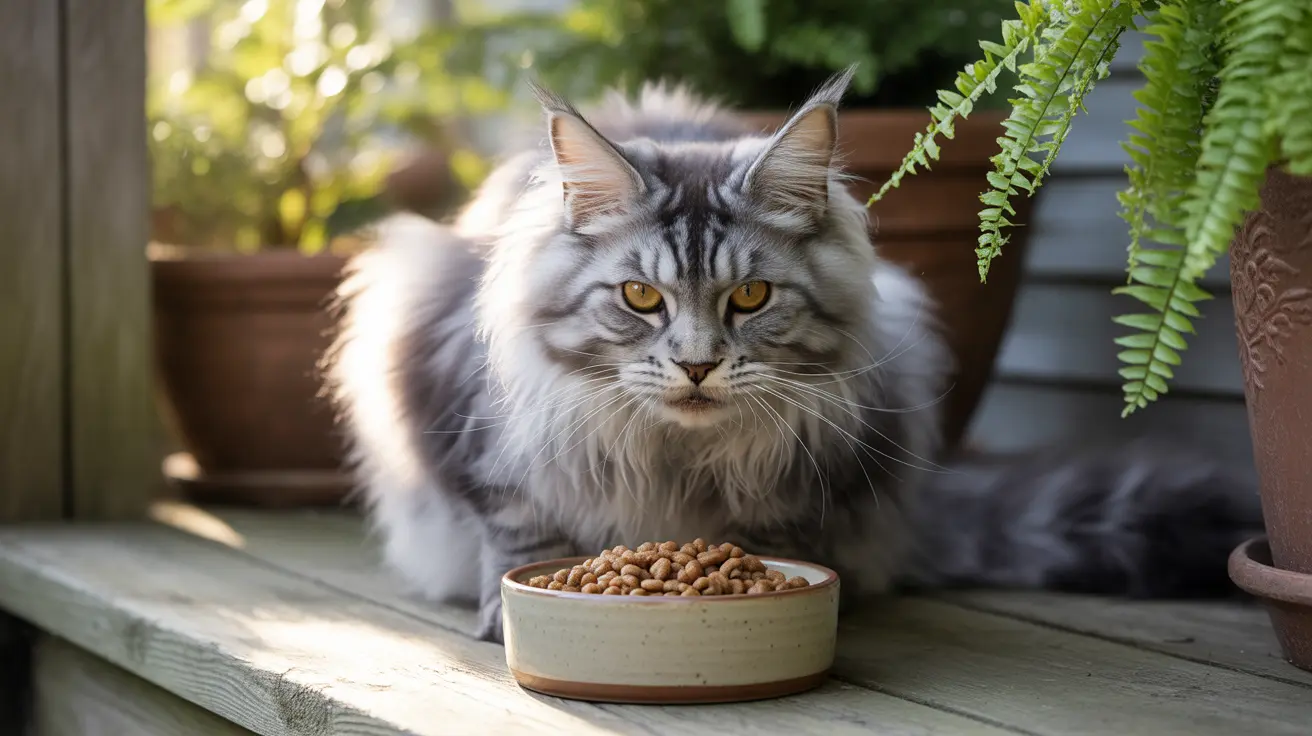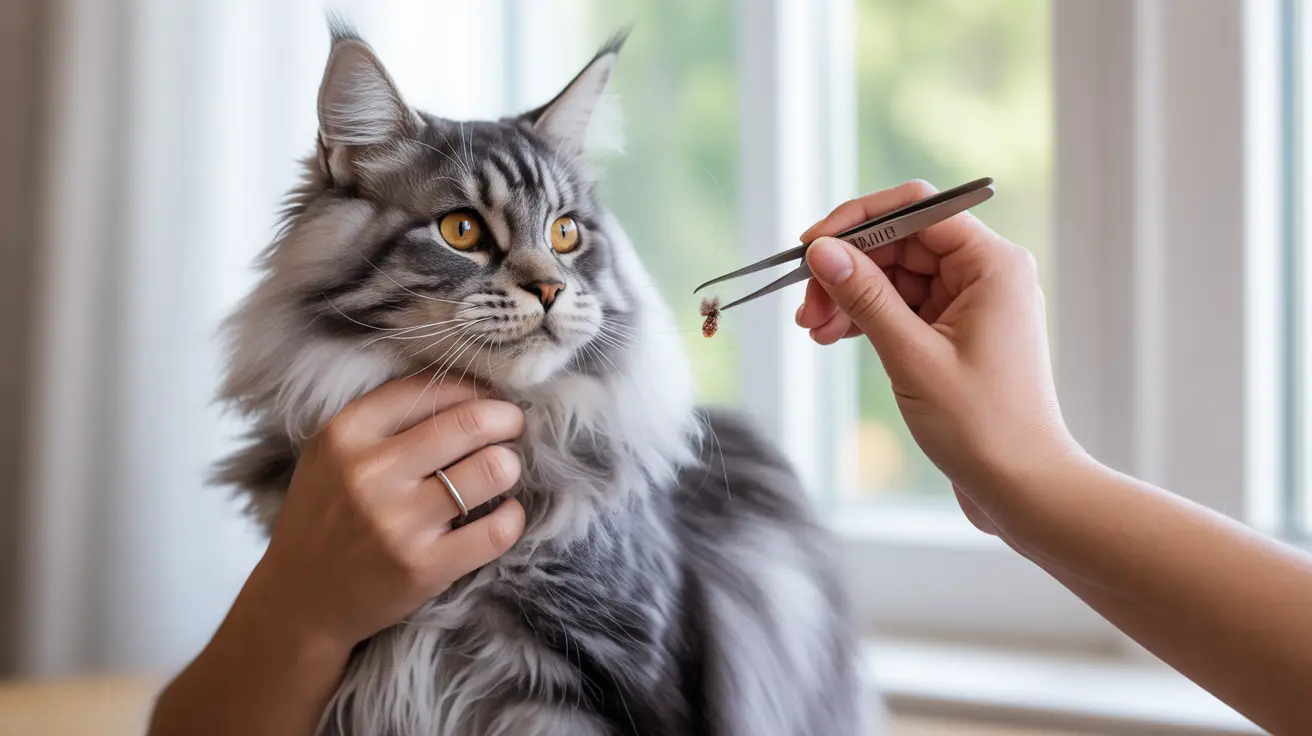When it comes to feline health, kidney failure represents one of the most significant concerns for cat owners, particularly those with aging pets. Understanding the stages of kidney failure in cats is crucial for early detection and proper management of this serious condition. This comprehensive guide will help you recognize the signs, understand the progression, and learn about treatment options for each stage of feline kidney failure.
As cats age, their risk of developing kidney failure increases dramatically, with studies showing that up to 40% of cats over 10 years old and 80% of cats over 15 years old may be affected. Early detection and proper management can significantly impact your cat's quality of life and longevity.
Understanding the Four Stages of Kidney Failure
Stage 1: Early Kidney Damage
During the initial stage of kidney failure, damage begins to occur, but symptoms may not be readily apparent. Your cat's kidneys still maintain enough function to prevent the buildup of waste products in the blood. Regular veterinary check-ups are crucial during this stage, as early detection can lead to better outcomes.
Stage 2: Mild Kidney Dysfunction
As the condition progresses to stage 2, cats typically show subtle signs of illness. You might notice increased thirst and urination, though these changes can be easy to miss in multi-cat households or outdoor cats. Blood tests during this stage will show elevated creatinine and other markers of kidney dysfunction.
Stage 3: Moderate Kidney Disease
The third stage brings more noticeable symptoms, including:
- Significant weight loss
- Decreased appetite
- Lethargy
- Vomiting
- Dehydration
Stage 4: Advanced Kidney Failure
The final stage represents severe kidney dysfunction, characterized by:
- Severe dehydration
- Significant weight loss
- Complete loss of appetite
- Uremic breath
- Depression or lethargy
- Possible seizures or coma
Treatment and Management Strategies
While kidney failure can't be cured, proper management can help maintain quality of life. Treatment strategies vary by stage but often include:
- Specialized renal diets
- Fluid therapy
- Phosphate binders
- Blood pressure medication
- Anti-nausea medications
- Regular monitoring of blood values
Prevention and Risk Reduction
While not all causes of kidney failure are preventable, several steps can help reduce risks:
- Providing fresh, clean water at all times
- Regular veterinary check-ups
- Proper diet and nutrition
- Avoiding toxic substances
- Dental care to prevent bacterial infections
Frequently Asked Questions
What are the stages of kidney failure in cats, and how are they diagnosed?
Kidney failure in cats progresses through four stages, diagnosed through blood tests measuring creatinine, BUN, and SDMA levels. Stage 1 shows minimal symptoms, while Stage 4 represents end-stage kidney failure with severe clinical signs.
How can I manage and treat kidney failure in cats, especially through dietary changes?
Management includes specialized renal diets low in phosphorus and protein, fluid therapy, and medications as needed. Work with your veterinarian to create a tailored treatment plan based on your cat's specific stage and needs.
What are the common symptoms of kidney failure in cats, and when should I seek veterinary help?
Common symptoms include increased thirst and urination, weight loss, poor appetite, and lethargy. Seek immediate veterinary care if you notice these signs, as early intervention can improve outcomes.
Can kidney failure in cats be reversed, and what are the prospects for improving quality of life?
While kidney failure cannot typically be reversed, proper management can slow progression and improve quality of life. The earlier the condition is diagnosed and treated, the better the prognosis.
How can I prevent or slow down kidney failure in older cats, and what are the key risk factors to watch out for?
Prevention strategies include maintaining proper hydration, regular veterinary check-ups, and a balanced diet. Key risk factors include age, genetics, and certain medical conditions. Monitor older cats closely for early warning signs.
Understanding and recognizing the stages of kidney failure in cats is crucial for providing the best possible care for your feline companion. While this condition is serious, proper management and early intervention can help maintain your cat's quality of life for as long as possible.






